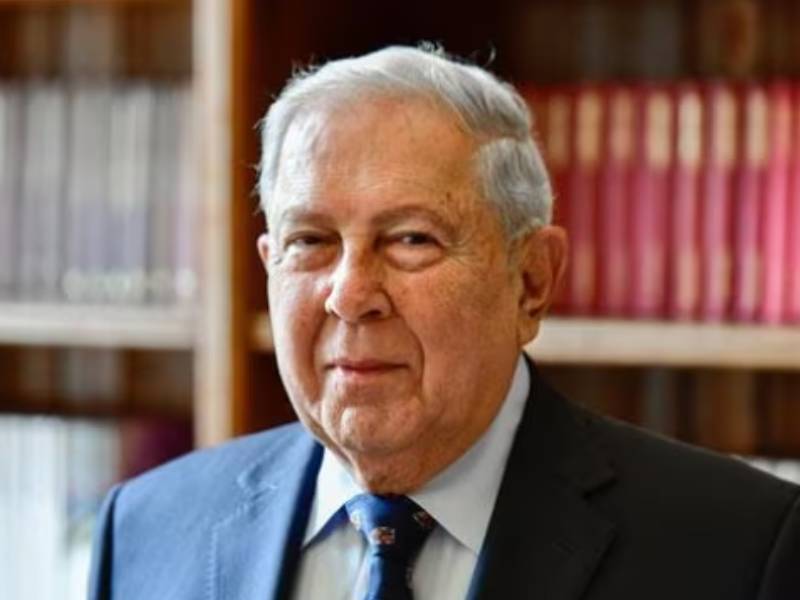
Yusuf Khwaja Hamied: Businessman
Yusuf Khwaja Hamied, born on July 25, 1936, in Vilnius, Poland (now Lithuania), is a renowned Indian scientist and billionaire businessman, known for his role as the chairman of Cipla, a leading generic pharmaceuticals company founded by his father, Khwaja Abdul Hamied, in 1935. He grew up in Mumbai and pursued his education in chemistry at Christ's College, Cambridge, where he earned both a BA and a PhD.
Hamied is celebrated for his groundbreaking work in making life-saving medicines, particularly antiretroviral drugs for AIDS, accessible to people in developing countries at affordable prices, defying large Western pharmaceutical companies. His commitment to eradicating AIDS and other health crises in impoverished regions earned him recognition as a modern-day Robin Hood. In 2001, he announced that Cipla could produce cocktail treatments for $1 per day, significantly reducing costs and expanding access to over six million patients by the time of a 2011 New York Times feature.
Under Hamied's leadership, Cipla pioneered the development of fixed-dose combination drugs and pediatric formulations, greatly enhancing drug safety and compatibility. He has made substantial contributions to advancing pharmaceutical manufacturing in India, strengthening the production of active pharmaceutical ingredients.
A notable philanthropist, Hamied has generously supported educational initiatives, particularly at Cambridge University, establishing the Yusuf Hamied Centre and funding various academic programs. Recognized with numerous awards, including the Padma Bhushan in 2005 and the CNN-IBN Indian of the Year award in 2012, Hamied has been a key figure in discussions about global health and access to essential medications.
Despite planning for retirement in 2013, he remains influential in the pharmaceutical industry. As of 2024, his net worth is estimated at $5.7 billion, making him one of India's wealthiest individuals.